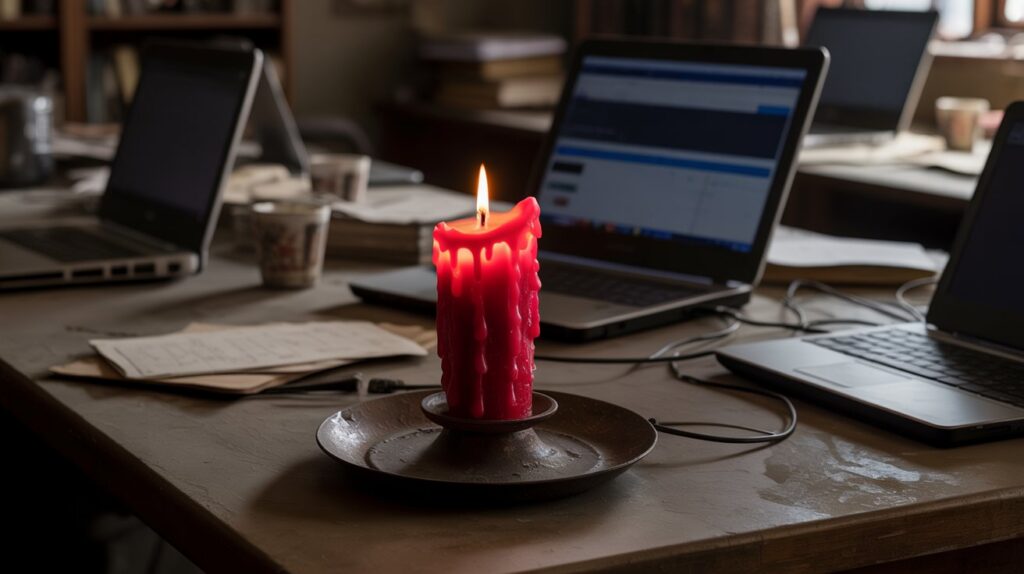We talk with Oniel Díaz Castellanos, founding partner and general director of AUGE, about the future of entrepreneurship in Cuba, the digital commitment of his corporate services company, and the challenges that will mark 2025.
—
In the midst of one of the most acute economic crises Cuba has experienced in recent decades, the island’s private sector reinvents itself every day to face the enormous challenges that entrepreneurship entails.
New businesses emerge weekly, navigating structural obstacles, regulatory uncertainty, and macroeconomic tensions. At the same time, they break new ground, generate employment, and build a narrative for the country’s future.
Is it a good time to start a business?
“Our verdict is a resounding yes. The path will not be easy—rather a constant uphill climb—but the emerging opportunities tip the scales in favor. There are unmet needs, market niches to explore, and dozens of Cubans eager to innovate and contribute from the private sector”.
AUGE was founded in 2014, when the panorama was very different. What prompted you to create a corporate services company focused on the Cuban private sector?
“It was a collective and brave decision. We chose to put down roots in Cuba and build our project here, instead of emigrating.
We detected a great opportunity to support entrepreneurs who were opening private businesses, despite the very limited ecosystem at the time. We firmly believed that private activity was a path of no return, so we decided to contribute with our experience in strategy, communication, and design.”
You have just launched a new website. What role will it play in the Cuban business ecosystem?
“It will not just be an institutional showcase. It will be a real-time information platform, with resources ranging from executive reports and context analysis to practical guides for decision-making. There will be free content and other content exclusive to clients and subscribers. But, above all, we want it to be a channel for dialogue where we can listen, share, and build useful knowledge for entrepreneurs and business owners.”
What challenges do you foresee for the Cuban private sector for the rest of 2025?
“We are living in a year of great uncertainty. Three key axes define the direction: the government’s economic measures, the evolution of the exchange rate system, and US policy towards Cuba.
These factors affect planning, costs, access to supplies, and international alliances. Rather than paralyzing us, we assume it as a field where one must be flexible, creative, and agile.”
How does AUGE approach this highly uncertain scenario?
“By continually adjusting our services, deepening specialization, and maintaining active listening with our clients. In 2024, we grew 17% in revenue, and the first quarter of 2025 maintained that pace. Our commitment is to continue generating value and connecting state, private, and foreign companies. The integration of different actors will be key to a more dynamic economy.”
What distinguishes the Cuban entrepreneur from others in the region?
“Their spirit is born from the desire for self-improvement and the ability to find solutions in the face of every obstacle. In Cuba, difficulties transform into a creative engine. That drive exists everywhere, but here it is intensified by the complexity of the environment. And even so, we see hundreds of people persevere and bet on their projects.”
What team does AUGE have to sustain such extensive work?
“We have a cohesive and motivated team, with a vocation for service and a passion for supporting economic reform. We are multidisciplinary professionals who take on every project as their own. Our internal culture revolves around constant learning, collaboration, and enthusiasm for every challenge.”
Finally: can the private sector in Cuba fail?
“Individual businesses can stumble, yes. But the sector as such, no. It is here to stay; its existence no longer depends on a temporary permit, but on a structural necessity of the economy. Now the key is how it is regulated, how it is strengthened, and how it connects with the rest of the ecosystem.”



